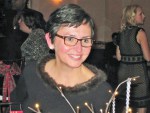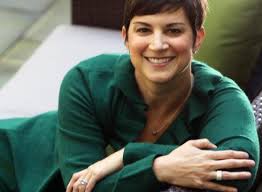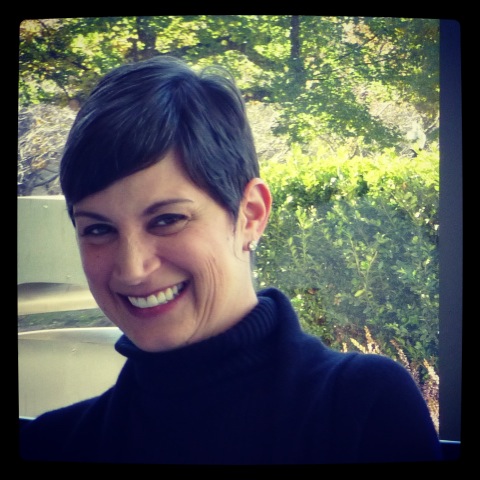I’m a “survivor”. A cancer survivor. And my question is…
How well does your medical system look after survivors. The people, like you and I, who have actually been saved by the drugs, interventions and modern medicine?
As a breast cancer survivor I feel abandoned by my medical system. My ongoing health and the quality of life I have during my survival feels of no interest to my doctors and health system.
Take them in. Treat them. Then send ’em on their way. This is what our health sytem appears to be set up for.
But what about the residual effects from the cancer or the treatments? We have chemo plans and treatment plans. Where is the survival plan?
ASCO (the American Society of Clinical Oncologists) has a statement. They have recognised the need for ongoing support for those the medical system has fought so hard to save. Their statement can be found here: http://connection.asco.org/Magazine/Article/ID/3440/ASCO-Issues-Recommendations-for-Improving-Cancer-Survivor-Care.aspx
“Most patients still want to see their oncologists even after they have finished active treatment. Oncologists are well positioned to lead and develop a strategy for coordinating follow-up care with primary care providers,” said 2012-2013 ASCO President Sandra M. Swain, MD, FACP. “We can’t let these patients, who are living examples of the progress we have achieved in cancer, fall through the cracks. ASCO’s statement provides a roadmap for closing the gap in survivor care.”
Their recommendations are:
Promote patient-centered coordinated care through the use of shared-care models.
Increase adoption of quality improvement programs, such as QOPI®, which help physicians monitor and improve care for all survivors.
Expand research on long-term and late effects to develop the evidence base.
Strengthen the education of health care providers on survivorship care.
Educate and empower cancer survivors and their families to advocate for their unique needs.
As a recent breast cancer survivor in Australia I have seen none of this. I have not, so far, had a medical professional ask me “How are you?” or “How are you coping?”. And, I am desperate for someone to ask, since I feel so lost in my survivorship.
I have recently changed to a new doctor. At my next appointment I will be asking for a plan. For some help with working this all out. For help with trying to address and resolve the residual effects of the drugs and treatments.
If you are a survivor, how have you found the follow-up from your medical professionals, team and system?
❤ Jenn
 Sherri blogs at http://www.sherrifillipo.com
Sherri blogs at http://www.sherrifillipo.com 

